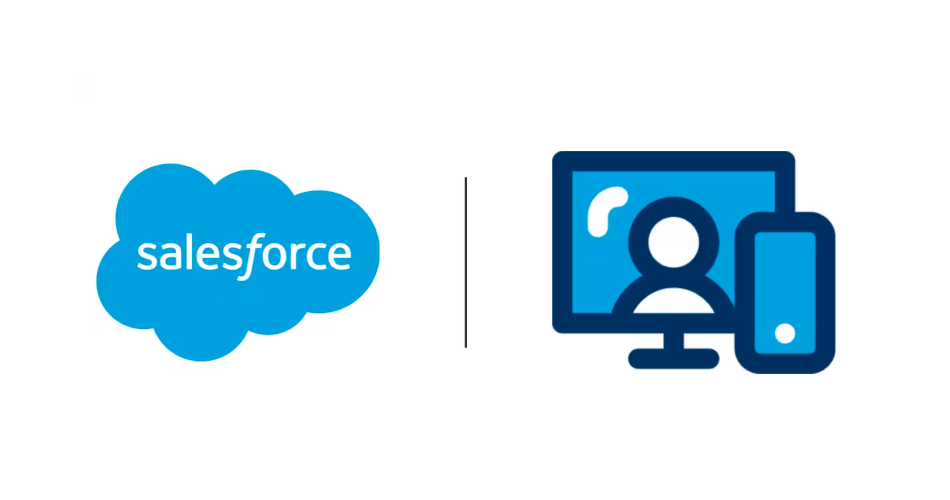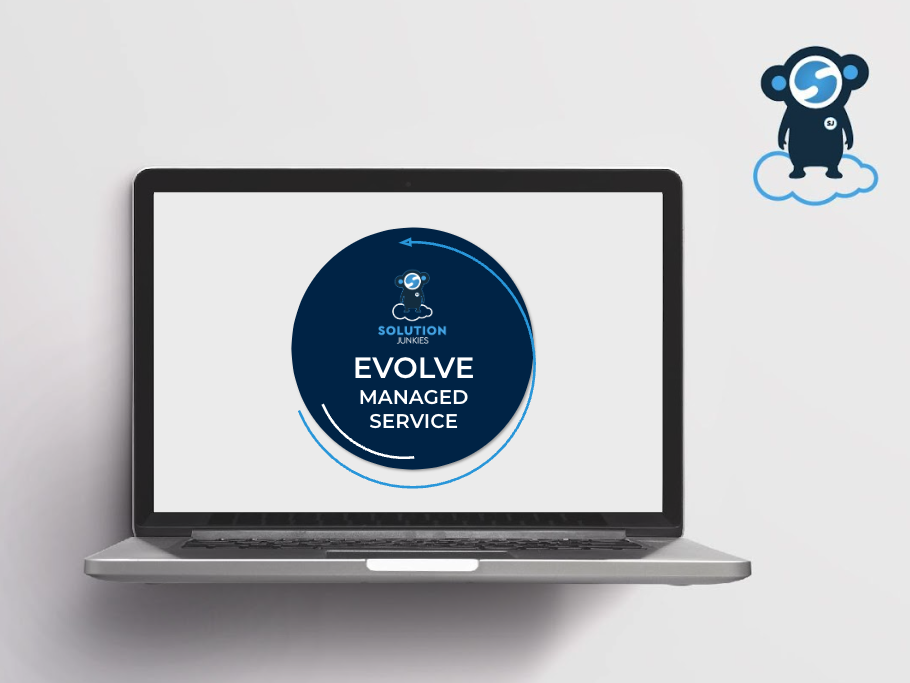Anyone working within the Salesforce ecosystem will tell you that learning Salesforce is a never-ending journey, a marathon not a sprint and largely experience based.
With its vast range of offerings, features and capabilities, embarking on a journey to master Salesforce can be daunting and at times confusing! However, it is also extremely rewarding both in terms of acquiring new skills and advancing your career as either a specialist or an end user.
So, whether you’re a beginner or looking to take your Salesforce expertise to the next level, here are 5 tips and some useful resources to set you up for success whilst learning.
Trailhead: the official way to learn Salesforce
A blog about learning Salesforce could not be written without mentioning Trailhead.
This is the holy grail of learning resources for both beginners and experts as it offers guided learning paths, modules and hands-on challenges.
Whether you’re new to the platform and looking to get to grips with the Platform basics or get stuck into some asynchronous apex, trailhead has you covered. In addition to this, each completed unit and module allows you to collect points that contribute towards your trail rank for office bragging rights!
Remember to walk before you can run with Trailhead, it’s easy to see an interesting topic and jump right in. But in the long run, you’ll want to understand the basics and architecture of the platform to fully understand some of the more complex modules. We’ll see you on the Trail!
Resources:
Trailhead: https://trailhead.salesforce.com/
Online courses and tutorials
In addition to Trailhead, a host of other resources are available online to help you learn Salesforce.
Websites such as Coursera, Udemy, and LinkedIn learning provide courses for differing skill levels.
Be sure to look out for highly-rated courses taught by experienced instructors and ensure that they cover the specific areas you want to learn. When you are looking to study specifically for certifications, websites like Focus on Force provide detailed guides and mock exams that are well regarded among Salesforce professionals and can further compliment knowledge that you have picked up from Trailhead.
More on certifications later…
Join the Salesforce community
What better way to learn Salesforce than to be a part of the discussion?
One of the things Salesforce is known for is its supportive and vibrant ecosystem of professionals who are constantly sharing knowledge, resources and best practices.
Through engaging in forums, discussion boards, social media groups and attending webinars, you can tap into a wealth of knowledge and valuable insight.
If you are trying to achieve something or solve a problem with the platform it is likely that someone has done so before and has shared their approach.
You can also attend meetups in your city – even Salesforce events such as World Tour, an experience that would ensure you’re fully initiated into the ecosystem for the long run.
Resources:
Trailblazer Community: https://trailhead.salesforce.com/trailblazer-community/feed
Meetup: https://www.meetup.com/topics/salesforce/
Salesforce Ben blog: https://www.salesforceben.com/
Salesforce Stack Exchange: https://salesforce.stackexchange.com/
Salesforce Sub Reddit: https://www.reddit.com/r/salesforce/
Get Hands-on with the platform
Theoretical knowledge is only one aspect of the Salesforce learning journey, it is crucial that you apply what you learn Salesforce in real world scenarios and use your skills to solve real challenges.
A stepping stone to getting hands on in real scenarios is through using a dev org.
This is a free environment that will allow you to experiment with the platform and not worry about breaking existing processes or altering any business data. Think of it as your own personal playground.
Start by creating your own custom objects, fields, build workflows and develop reports and dashboards.
Whilst you are doing this, try to bear in mind how this could help a company or business that you are familiar with in their day-to-day operations. If you have access to Salesforce as an end user as part of your job, think about recommendations or improvements that you could make with your new skill set and work with an administrator to propose and implement them.
Further to this, consider working on personal projects or even volunteering for non-profit organizations to gain more real-world practical experience.
Resources:
Developer Edition Sign-up: https://developer.salesforce.com/signup
Get Certified
Salesforce offers a range of certifications in all aspects of its capabilities that serve to validate your expertise and demonstrate your commitment.
Certifications are the pinnacle of your study and hands on experience. They are highly regarded by employers and consultancies looking to hire Salesforce talent and can therefore significantly enhance your job prospects.
Even as an end user, the fact that you’re familiar with Salesforce and can understand the basics could be enough to give you the edge over others.
The entry level certification, Salesforce Certified Associate, is a great way to start your certification journey and experience the process. It shows that you have a fundamental understanding of how CRM solves business challenges and connects departments and customer data.
From there you’re able to take Salesforce professional certifications such as System Administrator, which then open the door to other certification pathways.
Use the above tips to prepare for your certifications and become a recognised Salesforce professional.
Most Salesforce certifications require a commitment to maintenance by keeping up to date with the latest functionality and taking relevant trailhead modules that coincide with Salesforce’s latest release.
This ensures that you are able to understand and apply the latest features to customers, clients or organisations and remain a recognised expert in your domain.
Resources:
Salesforce Ben List of Certifications: https://www.salesforceben.com/salesforce-certifications/
Schedule a Salesforce Exam: https://www.webassessor.com/salesforce



